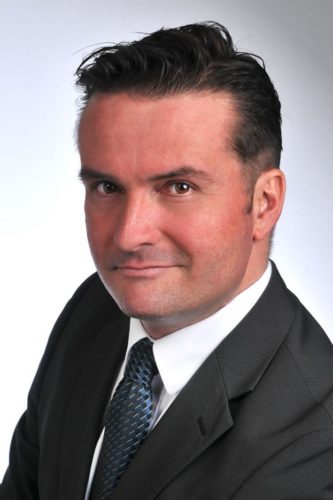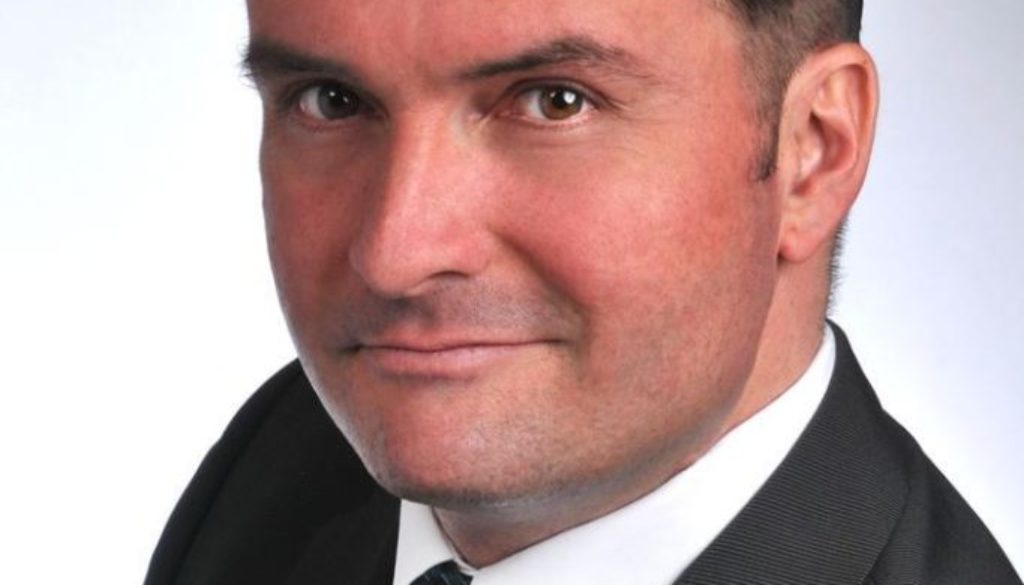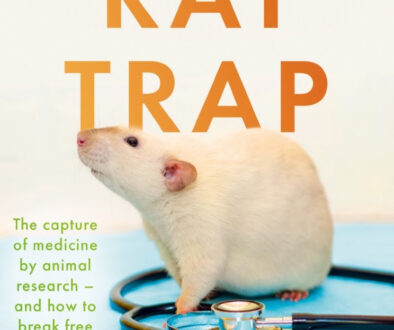Interview with Dr Andreas Ganz

Dr Andreas Ganz obtained his medical degree in Germany in 2002 and subsequently studied psychiatry, internal medicine and neurology. After obtaining a Masters degree in health administration in 2009, he went on to specialise in psychiatry and psychotherapy.
Since 2017 he is chief physician of the Prinzregent-Luitpold-Klinik in Bad Reichenhall / Germany, with a focus on psychosomatic medicine. Dr Ganz has been a member of the German association Doctors Against Animal Experiments since 2016.
Questions :
Antidote Europe (AE) : You obtained your medical degree and you specialised in psychiatry without
taking part in animal experiments. Would you say that animal experiments should be completely excluded from the curriculum for human medicine ? On what grounds ?
Andreas Ganz (AG) :
From my personal point of view – and from my personal experience as a graduate, there is absolutely no benefit for the students. All physiological and biochemical processes can nowadays be demonstrated in a more specific and descriptive way for students with corresponding didactic techniques (Computer simulation, Multi Organ Chips, biomechanical simulations etc.) Demonstrations on the animal model are therefore more of a hindrance to medical education and impart a wrong approach to cure human deseases. In other words, animal experiments in human medical education are not only a waste of life – but also a waste of time and resources. Thus, there is no ethical or practical justification for this.
AE : you are a member of Doctors in Germany Against Animal Experiments. How does it feel to be part of the largest group of doctors and researchers (600) in Europe campaigning for an end to animal experiments ? How do you see your role in the organisation ?
AG : Of course, it gives me a good feeling to work with others towards a goal that I strongly identify with. There is a lot to do – the biggest mistake anyone can make is to do nothing because he thinks it will achieve too little!
The focal points of my contribution to this organization are my experience and my knowledge in the field of psychopharmacology; and aspects of the health economy that are a reflection of the huge economic damage resulting from the animal model paradigm.
AE : What in your view is the biggest obstacle to ending animal experiments ?
AG : Well – decision-makers in business and politics usually do not know enough about the colossal health and economic potential of animal-free methods. And on the other hand, the protagonists of the Animal Research lobby in their strategic positions have no interest in “passing” this knowledge on to the decision makers. Therefore, virtually nothing has changed on the practical level.
Our task is and will be to bring this knowledge to the right people in the places.
AE : Are there any other thoughts that you would like to share that were not covered in the interview ?
AG : In my view, animal experiments are a mixture of antiquated-dogmatic nineteenth-century thinking and superstitious notions that animal sacrifices are necessary for the success of a scientific endeavour… which is unworthy of an empirically-enlightened working method.
The protagonists of animal based research should learn from history the lesson that it has never been possible to overcome the challenges of tomorrow with methods from the day before yesterday.
AE : We sincerely thank you for your time for this interview.




